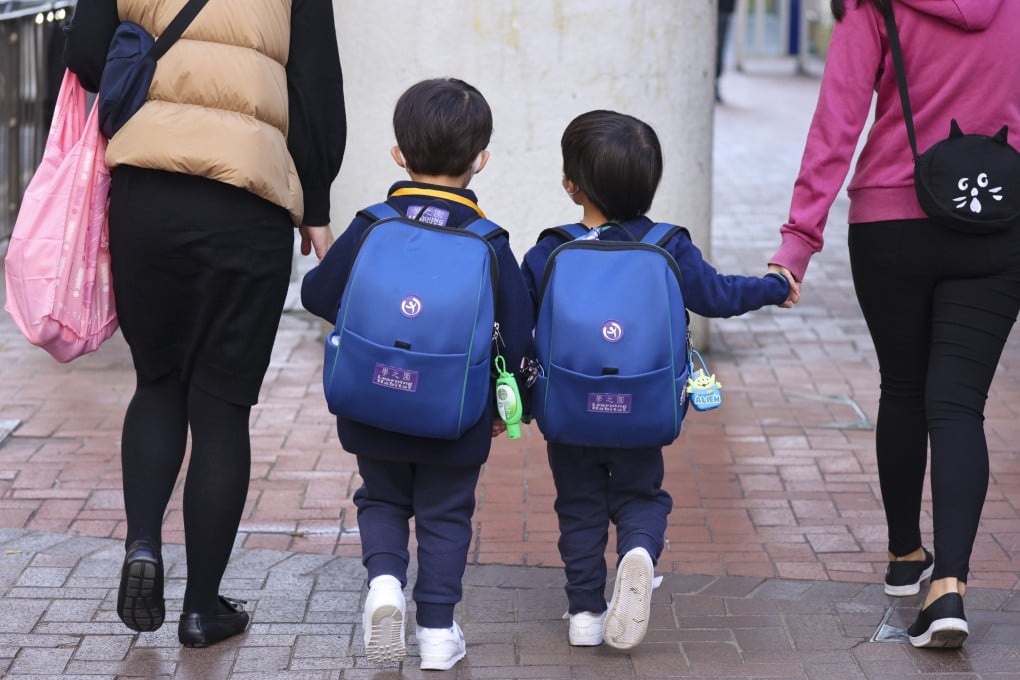Advertisement
Opinion | Students need mental health support to cope with return to ‘new normal’ of school in post-Covid era
- Students are adjusting to an essentially new learning environment after years of Covid-19 restrictions, isolation and fears, which requires new thinking about support
- The Education Bureau should craft and fund a student well-being strategy to guide schools and teachers in creating optimal conditions to support learning
Reading Time:3 minutes
Why you can trust SCMP
5

As full-day schooling resumes, albeit with daily rapid antigen tests for students, there is an opportunity to create a “new” normal for a post-Covid world. It would be a mistake to assume there can be a return to the “old” normal of examinations, weekly tests, homework, drilling, and the like. Students, some of whom last had full-day classes in 2020, are not the same ones returning to full-day classes now.
Some very young pupils have not known anything but face masks, Covid-19 tests, short school days and constant messaging about the dreaded virus. Older students have become used to interrupted education, online learning, the lack of social interaction, social distancing, the iAM Smart app, vaccine passes and vaccinations.
For all students, life has been disrupted. But now that there is an opportunity to return to “normal”, what should that look like?
Advertisement
International studies suggest that mental health issues are perhaps the most ubiquitous outcome of years of Covid-19 restrictions, isolation and living in fear.
Mental health is integral to well-being; the World Health Organization defines mental health as “a state of mental well-being that enables people to cope with the stresses of life, realise their abilities, learn well and work well, and contribute to their community”.
Advertisement
In a report released last December, the Australia government’s Productivity Commission examined the well-being of students (as well as teachers). This was an ongoing issue, particularly for vulnerable students, it said, but its importance had been highlighted by the experiences of Covid-19.
Advertisement
Select Voice
Select Speed
1.00x
